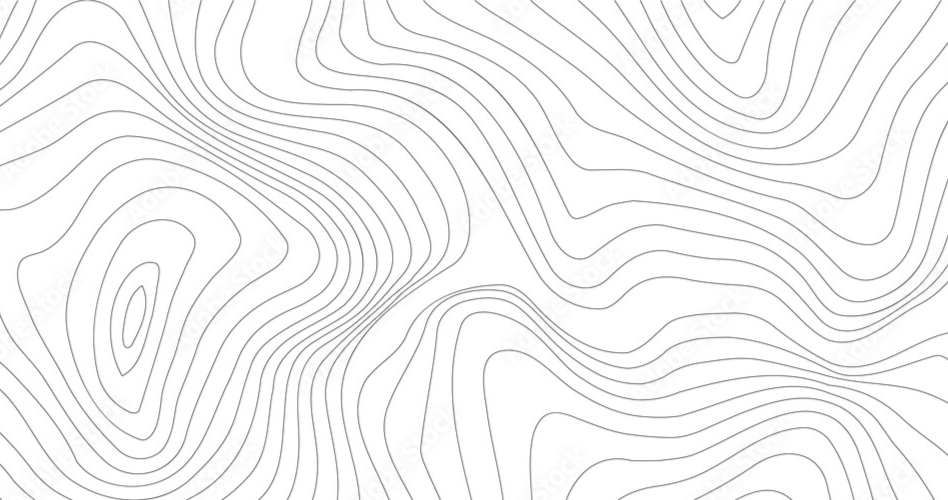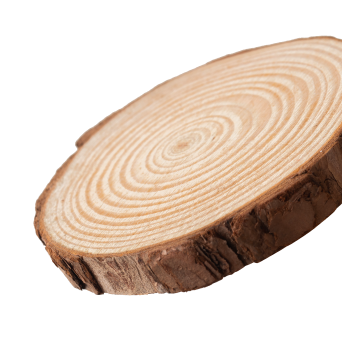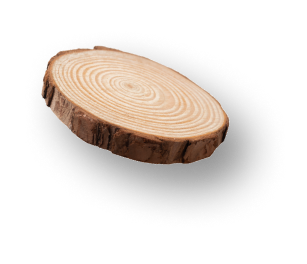The forever K project
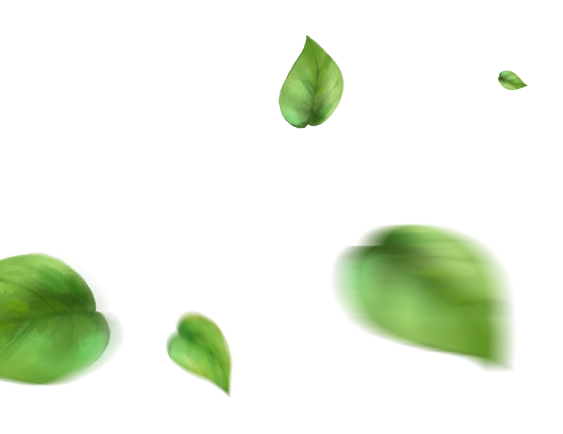
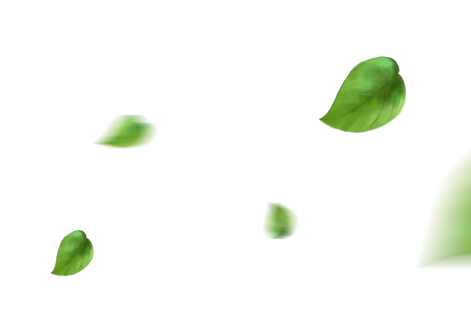
A circular economy around wood
Origin of the project
Global demand for wood remains strong and government legislation favors sustainably generated resources. Respect for the environment and climate protection are now global priorities. Consumer interest is growing sustainably for demanding products in terms of the environment, social and economic responsibility. We have discovered the exceptional qualities of Paulownia and built an environmentally friendly operating project adapted to the world of tomorrow.
The project
As a green & business-oriented company, we provide cutting-edge instrumentation solutions to :
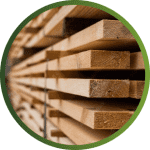
More and moresustainable wood resources answering the global increasing demand (while experiencing a significant deforestation) and have the huge fear from air pollution

Carbons solutions to help decarbonize local environments that are less suitable for wood cultivation (beginning with Marrocco and aiming to grow on developing countries as well)
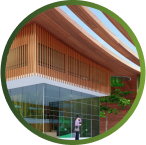
Local Developpement from the Wood culture and the derived products (honey…)
Positive impact
Carbon Credits
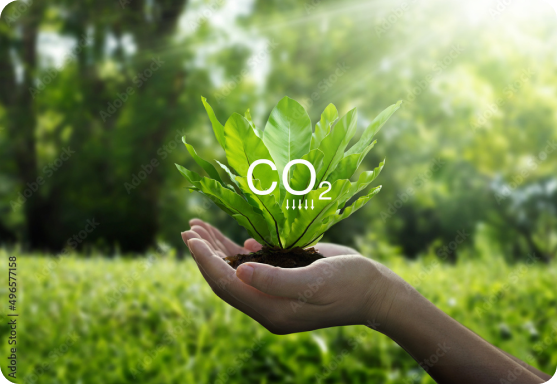
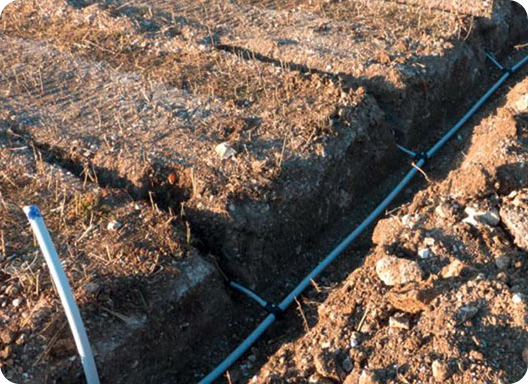
Saving water management
Use of the Netafim underground drip system for greater agronomic efficiency (water and fertilizers), and reducing the production of weeds. Increased operational efficiency and automation as well as centralized management of irrigation and fertilizer supply.
This system allows a minimum gain of 20% in the need for water.
Zero waste objective
Representing about 60% (in volume) of the tree, the logs will be used to manufacture lumber (planks, frames, flooring, etc.) and related products. About 25% of raw wood is sold for processing into pellets and other products. Bark and branches represent the last 15% and are intended for recycling.
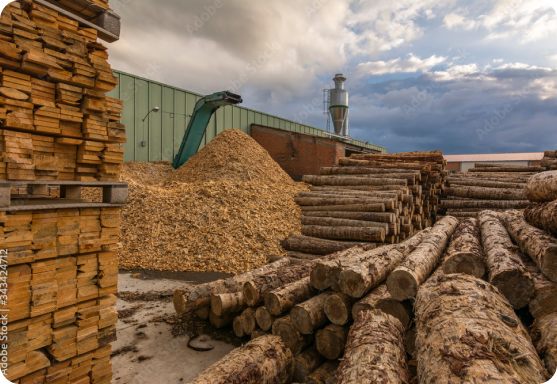

Respect for biodiversity
The natural characteristics of the site will be taken into account for:
- Respect the physical characteristics of the site
- Preserve protected species and habitats of community interest
- Take into account the risks of interrupting ecological continuums.

Significant economic potential
Although it is not always recognized at its fair value, the potential of the forest and wood sector is structuring for the territories. Developing the forest and wood sector means creating economic wealth and jobs.
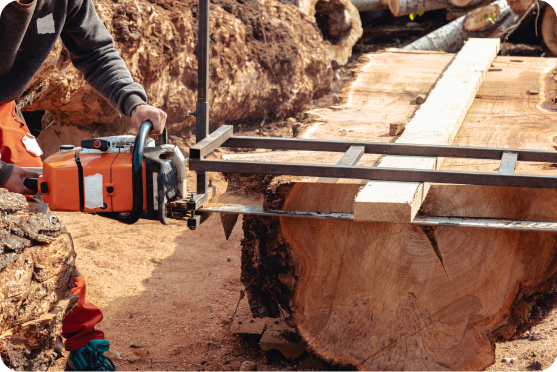
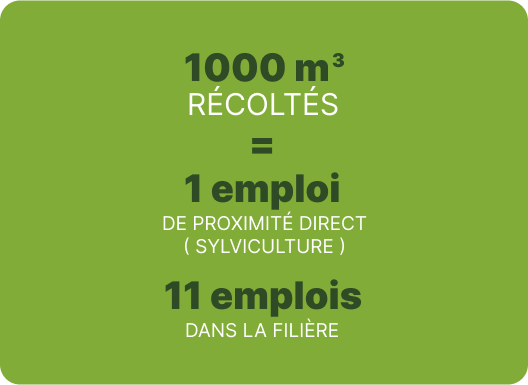
Job creator
The forest-wood sector is capable of enhancing the national wood resource, increasing the supply and promoting the various uses of the material (construction, furniture, packaging, energy, etc.).
Creator of values
The forest and wood sector must become an economic sector of primary importance in the country where we are setting up the program. This sector will have significant economic weight due to the direct and indirect impact on the economy.
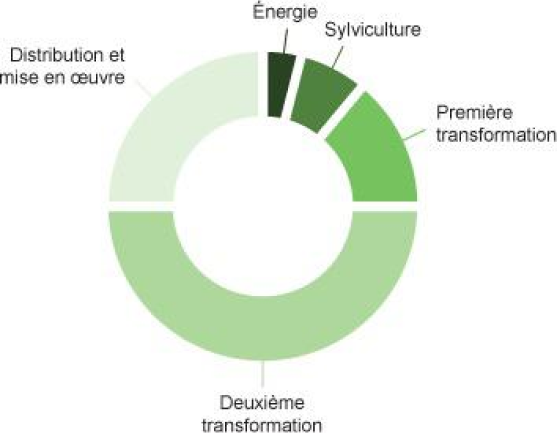
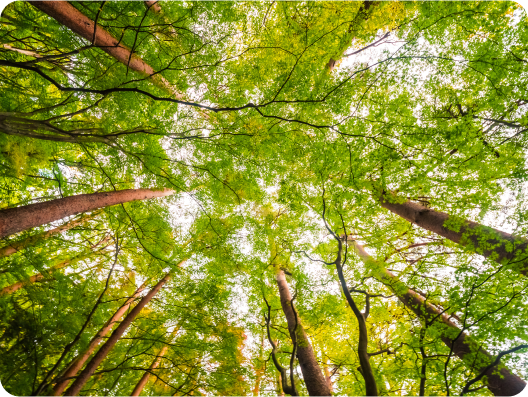
Contribute to land use planning
Forestry activity contributes to the development of other sectors and has a positive impact on local life, particularly in terms of infrastructure and public services. It also strengthens the attractiveness of territories, including for other economic players (industry, services, or new technologies).
A very ambitious growth plan
with more than 28 500 hectares the first 5 years with only 2 countries
The first phase of the project plans to plant 2850 hectares per year in Morocco for 5 years with a spacing of 2 years for the first plantations.
5,7k ha
11,4k ha
17,1k ha
22,8k ha
28,5k ha

